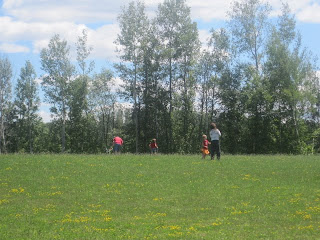Finally, the day came that our passports were ready to be picked up. They came back to us with brand spanking new visas for Mozambique in them. Relief at having our precious lifelines back in own little hands, had us scrambling to pack for new climes. Swaziland had been a port of call that served its purpose, but now we were done with it and on to the next country. We headed to the border and confidently handed over our passports to gain entry into this new land. Fearing reproof at the border with our faulty ignition switch, we prayed for co-operation from Arnie. It was mercifully granted. He sputtered to life and soon enough we were past the scowls inherent at so many border posts and into my fifth country in Africa; Mozambique!
Mozambique is on the South-Eastern edge of the African continent. It is bordered by Swaziland, that we had just left, the Indian Ocean, that we were headed towards, Zimbabwe, that we would head to when it was time to leave, South Africa (been there too), Malawi, Tanzania and Zambia. It had been a colony of Portugal from 1505 to 1975, so it was not surprising that the official language was Portuguese. We hoped that we would find some people that spoke English, but expected to hear many of the local dialects as well such as Swahili, Sena, Makhuwa, Ndau and Shangaan. Whether we actually heard any of them or not, I can only conjecture, but suffice it to say that we managed to survive in English.
We drove along roads that seemed to speak of a lack of money for maintenance. Swaziland and South Africa by comparison had seemed both clean and organized. Here, potholes littered the roadway and I was reminded of the fact that we were headed towards the capital, Maputo, on the main thoroughfare from the border. As we neared the city, our progress slowed. I put the debris that we passed down to outer slums, but the further we drove, the less likely that became. I was shocked and stunned. Burnt out vehicles sat up on “blocks” with not a scrap of rubber on the tires, glass in the windows or paint on the frames. Empty lots filled with rubble were interspersed by small businesses, as well as many crumbling and abandoned buildings. The pot holes got bigger. As I stared wide-eyed out my window, I caught glimpses of the city’s former grandeur, before the Portuguese fled for their lives with their money in tow. It seemed to cry out that it had been the belle of the ball in its hey-day, when the city went by the title of Lourenço Marques. Those days had passed twenty years before though and the subsequent Civil Wars, left the capital on its knees both structurally and economically. This is where we would spend the night. I prayed that things would look better in the morning. We found the Pensao Nini, tried to ignore the cockroaches and filth, and attempted to leave our minds open to what Mozambique had to offer. A beer sipped at a local café made the world seem marginally better, as did our sustaining meal of banana sandwiches. Night encroached on our first day in Mozambique and we headed for bed.




